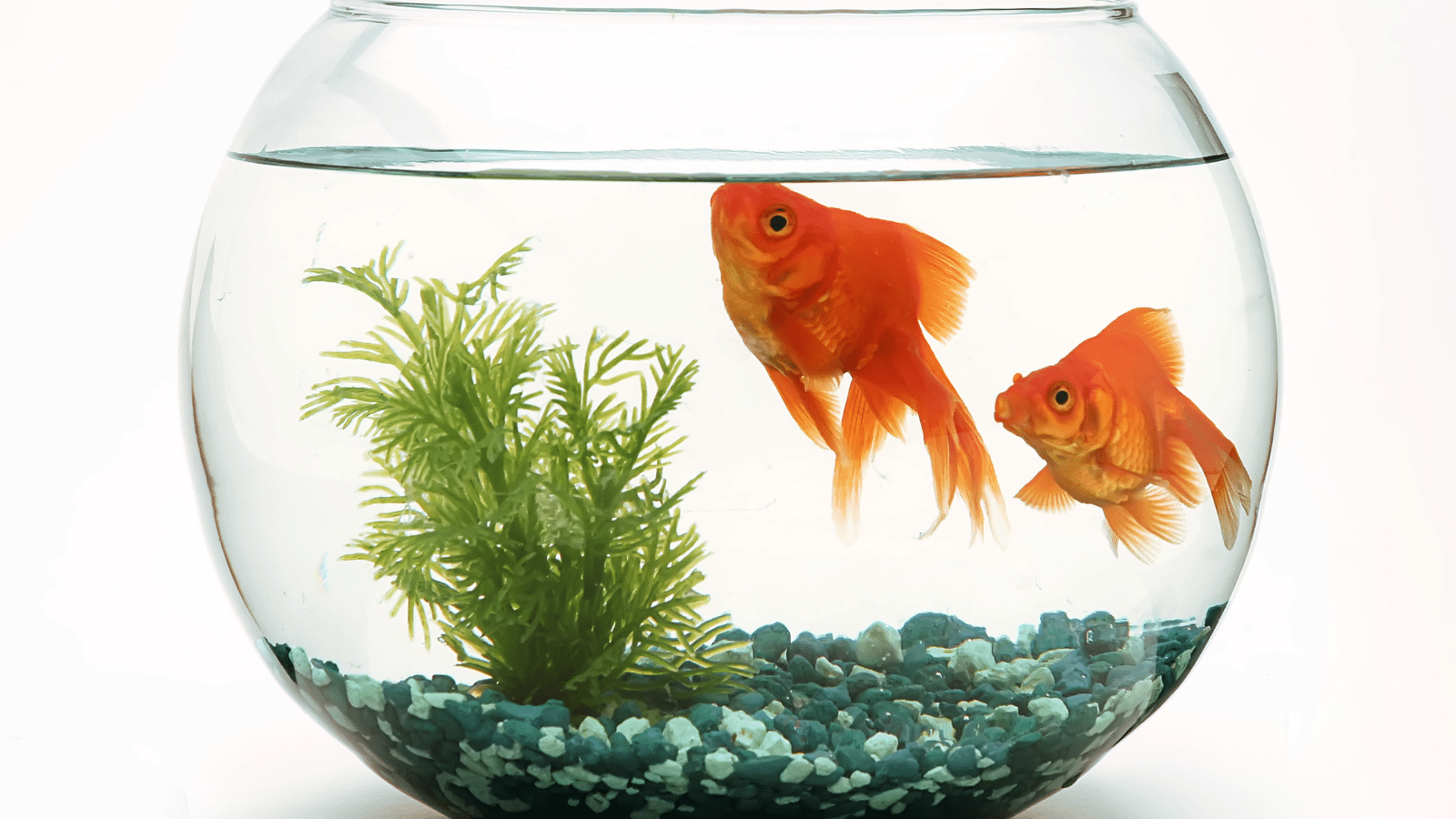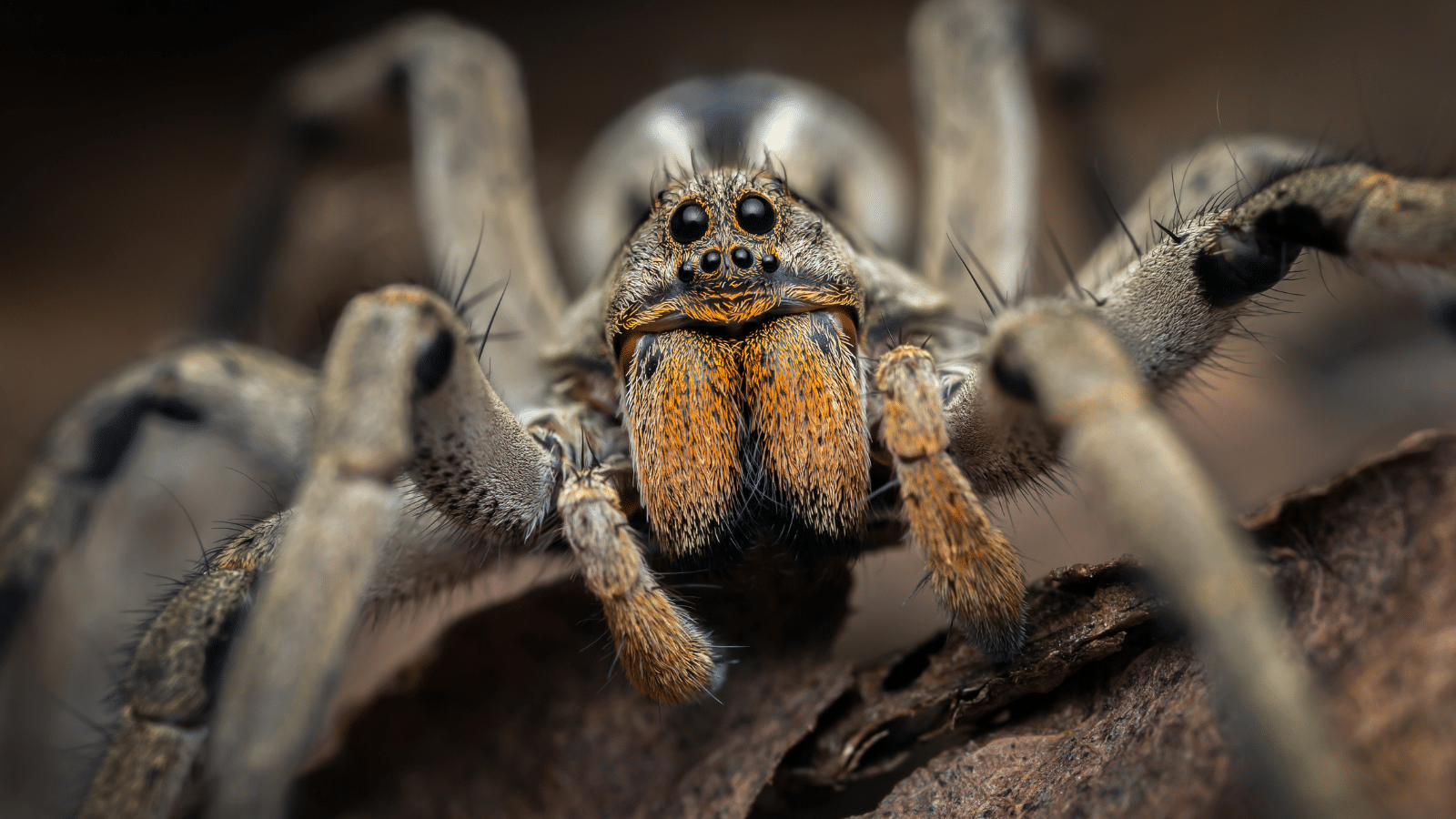In the ever-evolving landscape of human knowledge, myths and misconceptions often find themselves at odds with the truth, perpetuating misunderstandings that endure through generations. These enduring tales, though widely believed, can lead us down the rabbit hole of misinformation. In this captivating exploration, we embark on a myth-busting journey to challenge 18 of the most common and persistent myths, dispelling misconceptions that have infiltrated our collective consciousness. From the belief that humans use only 10% of their brains to the unlikely notion of spiders invading our sleep, join us as we unravel the truth behind these longstanding falsehoods and unearth the fascinating reasons why they continue to persist in our minds. Prepare to be enlightened, surprised, and, perhaps, pleasantly astonished as we unravel the fabric of these age-old misconceptions, paving the way for a more accurate understanding of the world around us.
Myth: You Only Use 10% of Your Brain

This myth suggests that the vast majority of the brain’s capacity remains unused. However, it is not true because brain imaging technology has demonstrated that various brain regions are active and have specific functions, dispelling the idea of untapped potential.
Myth: Goldfish Have a 3-Second Memory

This myth implies that goldfish have an exceptionally short memory span. It is not accurate because research has shown that goldfish can remember information for several months, including recognizing their owners and learning feeding routines.
Myth: Cracking Your Knuckles Causes Arthritis

This myth claims that cracking your knuckles leads to arthritis. However, it’s untrue, as studies have not found a correlation between knuckle cracking and arthritis. The sound is caused by the release of gas bubbles in synovial fluid.
Myth: Shaving Makes Hair Grow Thicker

The myth suggests that shaving makes hair grow back thicker and coarser. It’s not accurate because shaving doesn’t change hair thickness or growth rate. The appearance of thicker hair after shaving is due to the blunt tips of the cut hair.
Myth: The Great Wall of China Is Visible from Space

This myth states that the Great Wall is the only human-made structure visible from space. However, it’s false because astronauts can’t see it with the naked eye from low Earth orbit, as the wall’s width is not significant enough.
Myth: Eating Carrots Improves Night Vision

This myth claims that consuming carrots significantly enhances night vision. While carrots are nutritious, this idea is an exaggeration rooted in World War II propaganda, promoting carrots as a source of Vitamin A for pilots.
Myth: Humans Only Use Five Senses

The myth posits that humans have only five senses—sight, hearing, taste, smell, and touch. However, humans have additional senses, including balance, proprioception (body awareness), and the perception of time.
Myth: Bats Are Blind

This myth wrongly suggests that bats are blind. While some bats have limited eyesight, most rely on echolocation, a highly developed sense for navigating and hunting in the dark.
Myth: Swallowed Gum Takes Seven Years to Digest

This myth claims that gum remains undigested in the stomach for seven years. In reality, the digestive system processes gum like any other food, and it eventually passes through the body without causing harm.
Myth: Hair and Nails Continue to Grow After Death

The myth suggests that hair and nails continue to grow after a person dies. This is not true; it only appears so because the skin dehydrates and shrinks, exposing more of the hair and nails.
Myth: Alcohol Warms You Up

This myth implies that alcohol provides warmth in cold weather. In fact, alcohol can lower core body temperature, making individuals feel warmer temporarily while actually increasing the risk of hypothermia.
Myth: You Lose Most of Your Body Heat Through Your Head

The myth claims that most body heat escapes through the head, suggesting that wearing a hat is crucial in cold weather. However, heat loss is proportionate across the body, and the head is just one area.
Myth: Lightning Never Strikes the Same Place Twice

This myth suggests that lightning will never strike the same spot repeatedly. Yet, lightning can indeed strike the same location multiple times, particularly tall structures.
Myth: People Swallow Spiders in Their Sleep

The myth alleges that people accidentally swallow spiders while sleeping. This is unlikely, as spiders tend to avoid humans and are sensitive to vibrations.
Myth: A Penny Dropped from a Skyscraper Can Kill Someone

This myth claims that a penny dropped from a great height, like a skyscraper, can become lethal due to its speed. However, objects like pennies reach terminal velocity, limiting their potential harm to others.
Myth: Einstein Failed Math in School

The myth suggests that Albert Einstein struggled with mathematics during his schooling. However, this is untrue; Einstein excelled in mathematics and physics from an early age, although he may have had difficulties with other subjects.
Myth: Chameleons Change Color to Blend In

The myth implies that chameleons change color primarily for camouflage. In reality, chameleons change color for various reasons, including communication, temperature regulation, and mood expression, not just to blend in with their surroundings.
Myth: Humans Can Swallow Spiders in Their Sleep

The myth claims that spiders may accidentally enter a person’s mouth while sleeping. However, this is improbable as spiders actively avoid humans and do not seek them out for shelter or warmth.
21 Things That Shout You’re “Lower Class” According To Men

Class wars creep up in all aspects of life, including dating. We take a look at the things that men believe are telltale signs that you are lower class.
21 Things That Shout You’re “Lower Class” According To Men
Boomer Zoomers vs. Millennial Meh: 10 Cars the Older Gen Loves but Millennials Just Can’t Stand

The change in the automotive industry has been incredible over the year. Baby boomers born between 1946 and 1964 can’t get enough of the cars listed below, as muscle cars emerged in the 1960s, and new technologies appeared in the 1970s and 1980s. You can imagine why boomers genuinely appreciate these vehicles.
Boomer Zoomers vs. Millennial Meh: 10 Cars the Older Gen Loves but Millennials Just Can’t Stand
Across the Pond Disdain: 18 Horrendous American Habits Foreigners Just Can’t Stomach

There is a lot to love about America, from the bright lights of New York to the incredible breakfasts, but foreigners also dislike many things. We look at everything from poor public transport to an intimidating tip culture, sharing 18 things that America could be better at.
Across the Pond Disdain: 18 Horrendous American Habits Foreigners Just Can’t Stomach
Out with the Old: 18 Gen X Fads That Millennials and Gen Z Just Can’t Vibe With

While some old habits die hard, there are some things that Gen X need to eliminate as they are no longer relevant.
Out with the Old: 18 Gen X Fads That Millennials and Gen Z Just Can’t Vibe With
18 Unpleasant States You Might Want to Skip on Your Next Trip

When thinking of America, we don’t expect there to be boring or unpleasant places to visit. We see all the different states on the TV, and they show the best parts. However, there are some states you won’t want to visit, and you should brace yourselves if you ever happen to stumble into them.
18 Unpleasant States You Might Want to Skip on Your Next Trip






